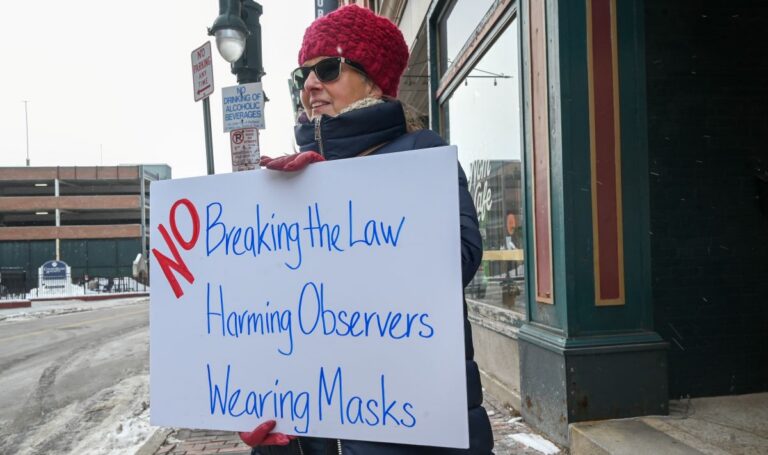Gov. Paul LePage has said he would like to see fewer Maine people eligible to get Medicaid help. His proposal has been estimated by some to move about 30,000 people off MaineCare, the state’s version of the low-income healthcare program.
Reducing entitlement programs like Medicaid will almost certainly be on the table as part of the effort to cut state and federal government spending. Under such programs, people are “entitled” to government benefits if they meet eligibility requirements.
Spending for these programs is growing. Social Security and Medicare, both federal programs, may be difficult to trim because of long-term commitments made to tens of millions of people. Any changes could face Washington political paralysis.
Medicaid is funded by both federal and state governments and does not require a long-term commitment once eligibility has been established. Both Republicans and Democrats believe its costs need to be controlled.
It is growing by about ten percent a year because many newly unemployed people have become eligible. Even after the recession, it is forecast to grow by almost eight percent annually as healthcare costs continue to rise.
Maine spent $2.5 billion on Medicaid in the 2009 federal budget year, and its spending is estimated to have increased by 12.4 percent in the next year.
If allowed to grow, Medicaid would either worsen the federal and state budget crises or consume a bigger share of shrinking budgets at the expense of other government activities.
As Maine debates Medicaid spending, here are some facts that will be important to that debate:
• Each state receives Medicaid funding from the federal government and is expected to supplement these payments with state money. Program design, within certain limits, is set by each state.
• The theory is that benefits enable lower-income people to get good medical care, which could reduce their need for more expensive care later.
• People are eligible for Medicaid mainly based on the relationship of their family income to the national poverty line. That line is the same across the country; states do not have their own poverty levels. But each state sets its eligibility level.
• For pregnant women, Maine sets its eligibility level at 200 percent of the poverty line as do 17 other states. The national minimum for this program is 133 percent and is exceeded by 39 states. For working parents, Maine also sets the level at 200 percent, which places it among the top four jurisdictions, which include the 50 states and the District of Columbia. In other words, all but three states and D.C. make it harder than Maine for working parents to get Medicaid. There is no national minimum for the working parents category.
• Some childless persons get help in Maine, but access to assistance for newcomers in this category has been ended by state action. It appears that Gov. LePage may want to eliminate this coverage for those who still have it.
Because MaineCare is partly state financed, Gov. LePage wants to look at reducing the Maine eligibility level and eliminating coverage for the childless to ease pressure on the state budget. That’s also happening in some other states.
Mainers appear to reach deeper into their pockets than people in most other states to underwrite the cost of the state’s higher eligibility level. The average Maine family income ranks the state 29th among the 50 states and the District of Columbia.
The difference between this income rank and Maine’s high eligibility rank for working parents may indicate the extent of the state effort in terms of its ability to pay. Maine’s current effort places it among the top states.
Changing the eligibility requirements may be the quickest way to lower Medicaid costs. But, if this happens, the increasing number of people with low incomes will lose their access to good medical care through a form of rationing.
Under the U.S. system, rationing is mostly by price. If a person is not insured, cannot get government assistance and cannot otherwise afford to pay for healthcare, his or her access is limited to the hospital emergency room.
Improving medical efficiency and lowering the costs of hospitals and medicines can also contribute to lower Medicaid costs, but these measures take time. Given the urgency of the fiscal crisis, program cuts will not be delayed while waiting for these changes.
The new national health insurance law – the Affordable Care Act – is meant to deal with many problems of access for lower income people. It could ensure coverage for people who lose Medicaid coverage and also promote healthcare cost control.
But that law, called “Obamacare” by its opponents, is under court challenge, so whether it will ultimately prevent the loss of access to healthcare for lower income people remains to be seen.







